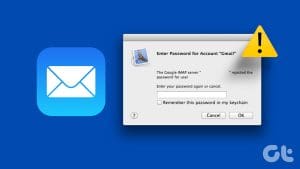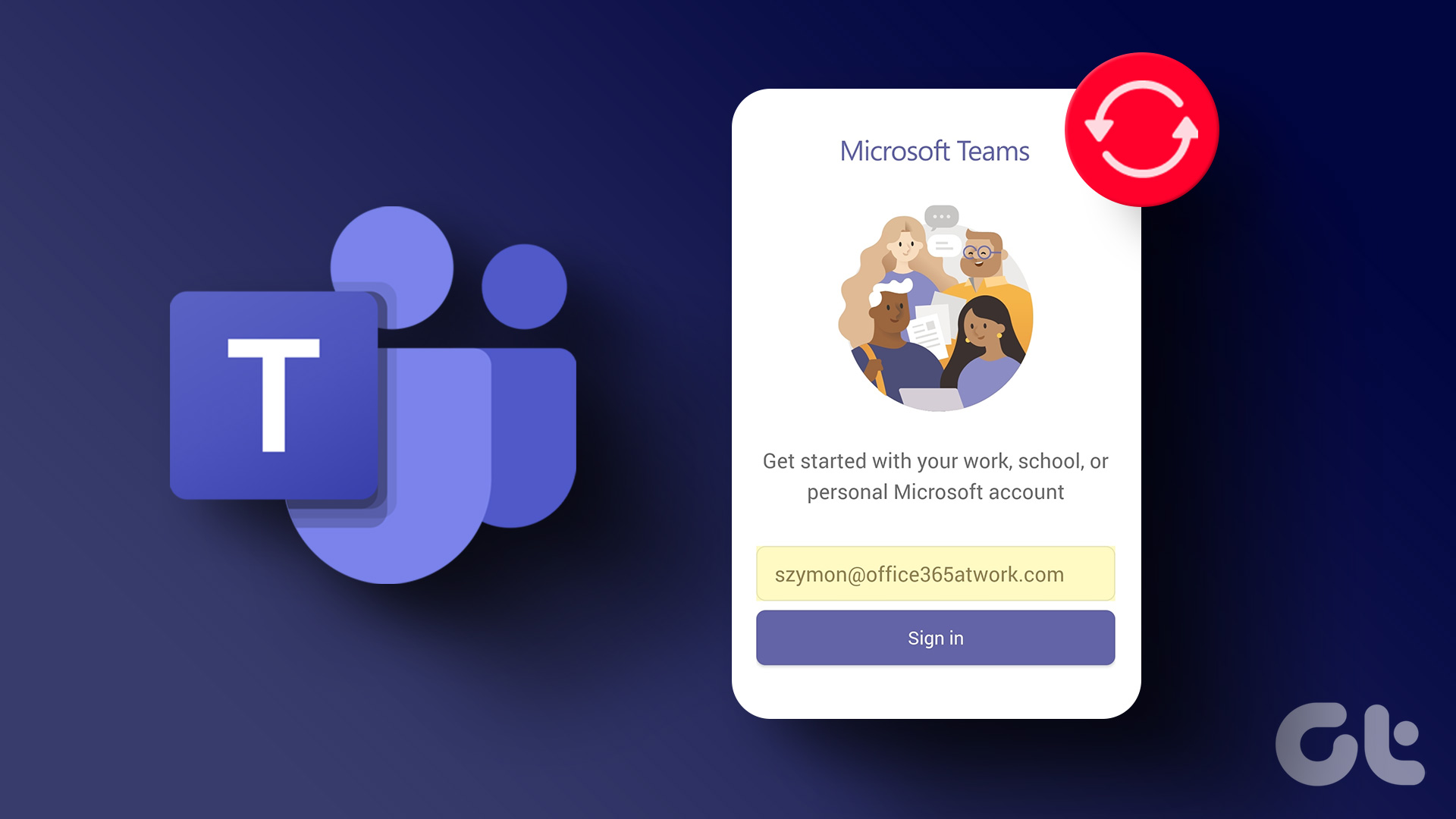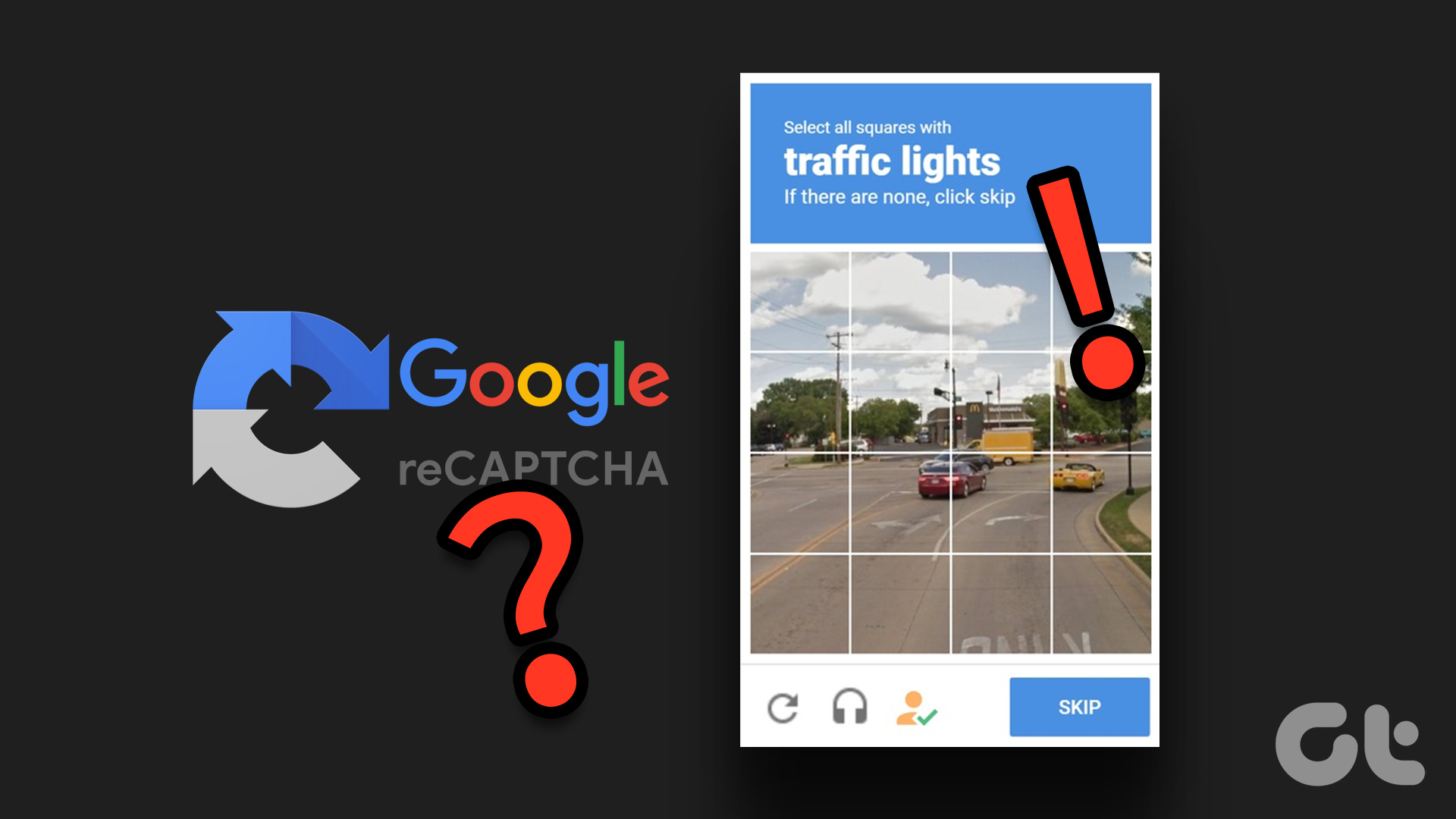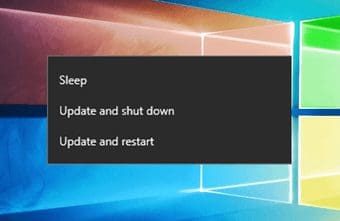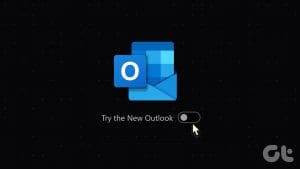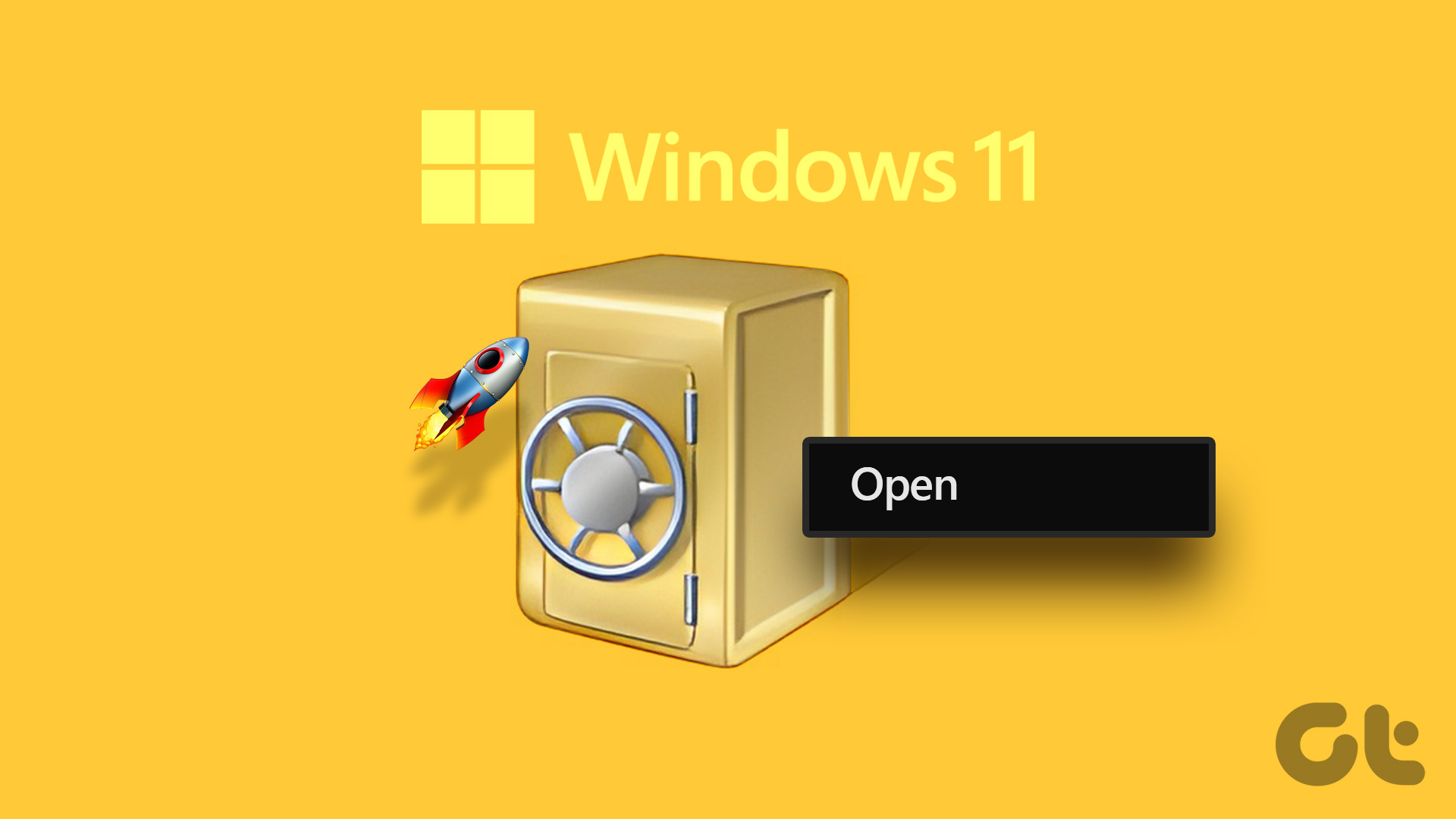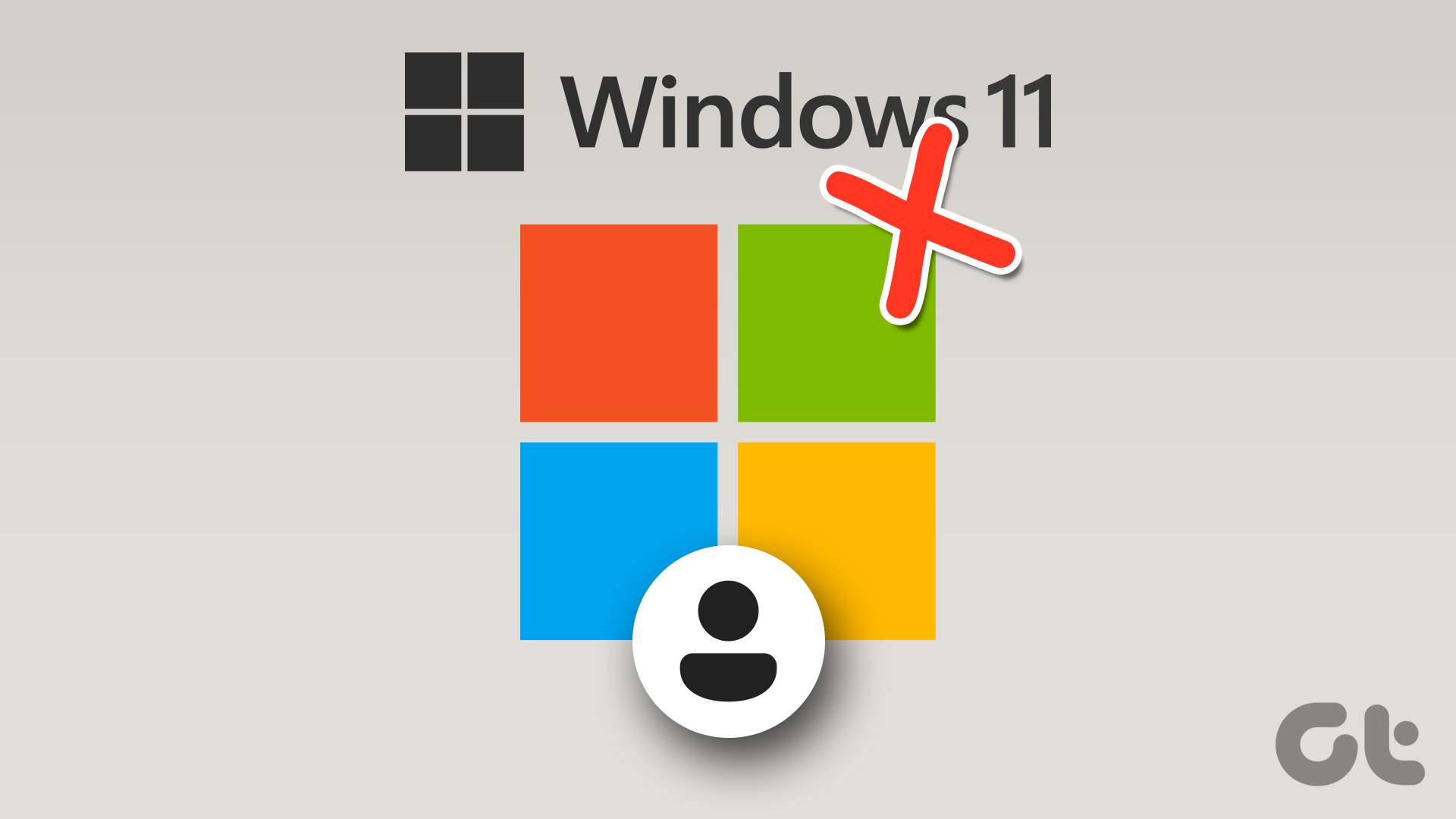Microsoft Outlook app is one of the popular email clients available. Occasionally, the search function problems might crop up or the problem with the app itself. One of the harrowing one is when the Outlook app keeps asking for the login password. Well, you can fix it for good.
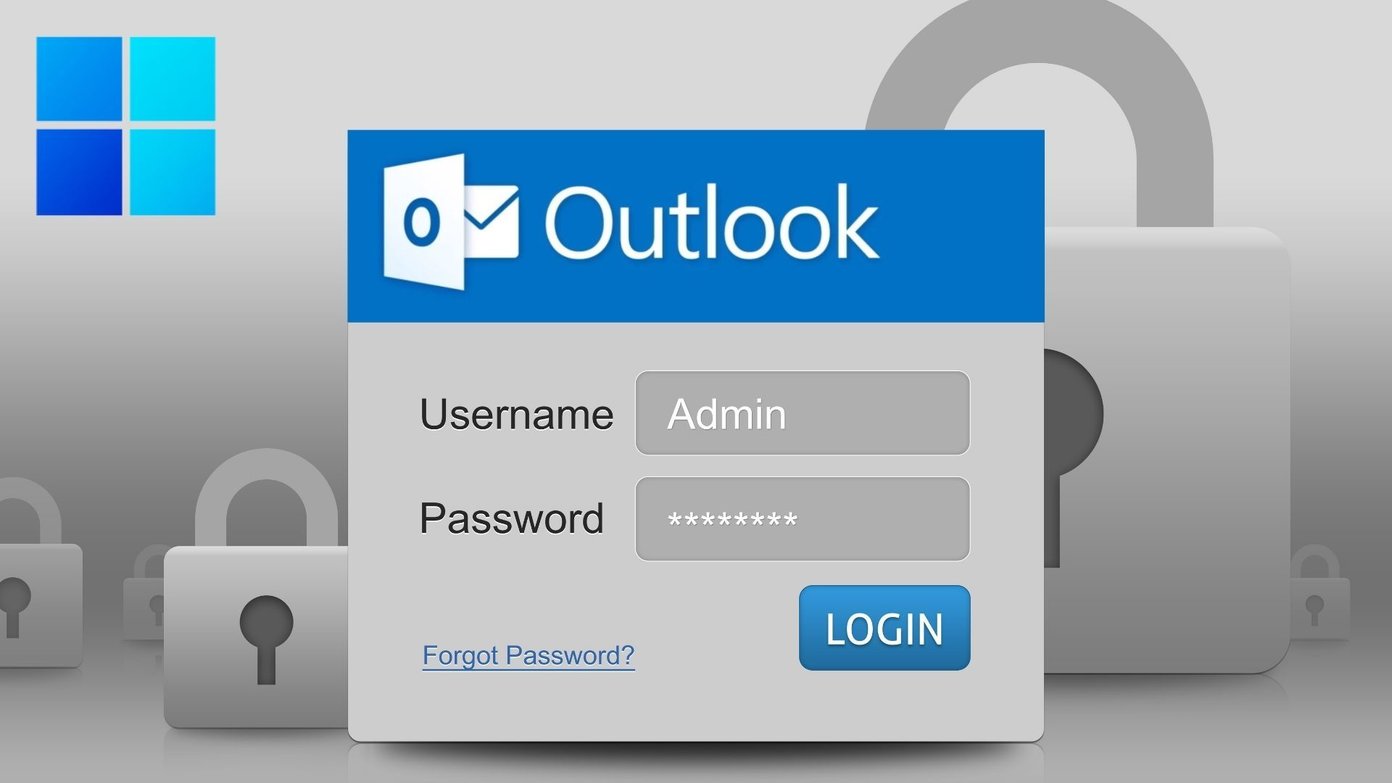
In this post, we’ve compiled a list of all the possible solutions that will help you fix repeated password prompts on Outlook on both Windows 10 and Windows 11. So, let’s get started.
1. Launch Outlook in Safe Mode
Opening Outlook in Safe Mode allows you to run the application without add-ins. This way, you can determine if one of those Outlook add-ins is responsible for the repeated password prompts.
Press and hold the CTRL key and double-click the Outlook shortcut to start Outlook in Safe Mode. Click on Yes when prompted.
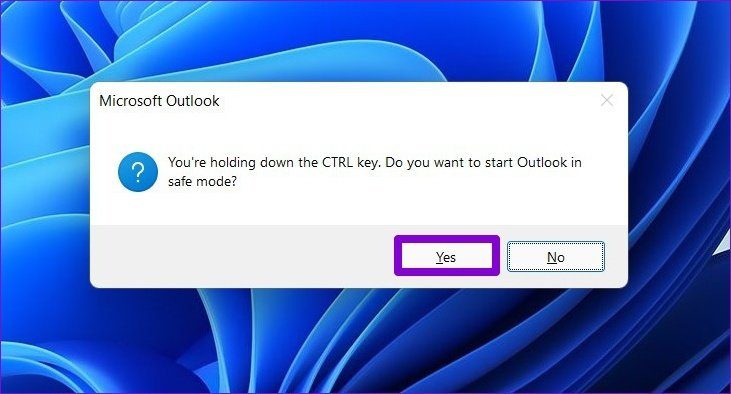
If Outlook doesn’t ask you for the password in the Safe Mode, you’ll need to disable all the add-ins to isolate the one causing the issue.
Step 1: In the Outlook app, click on the File menu at the top.
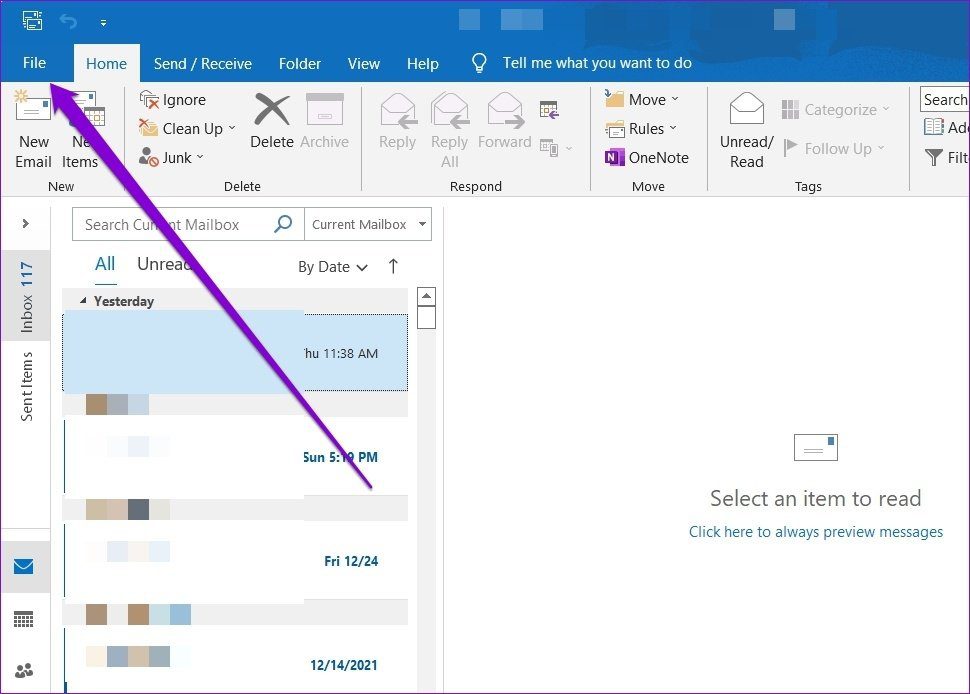
Step 2: Select Options from the left pane.
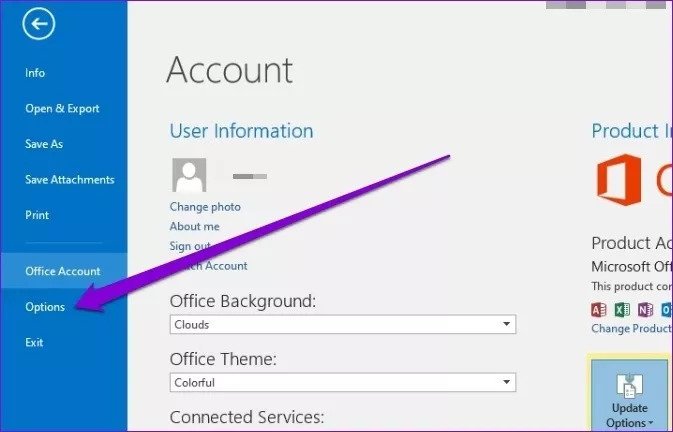
Step 3: In the following window, navigate to the Add-ins tab. Then use the drop-down menu next to Manage and select COM Add-ins. Then click on the Go button next to it.
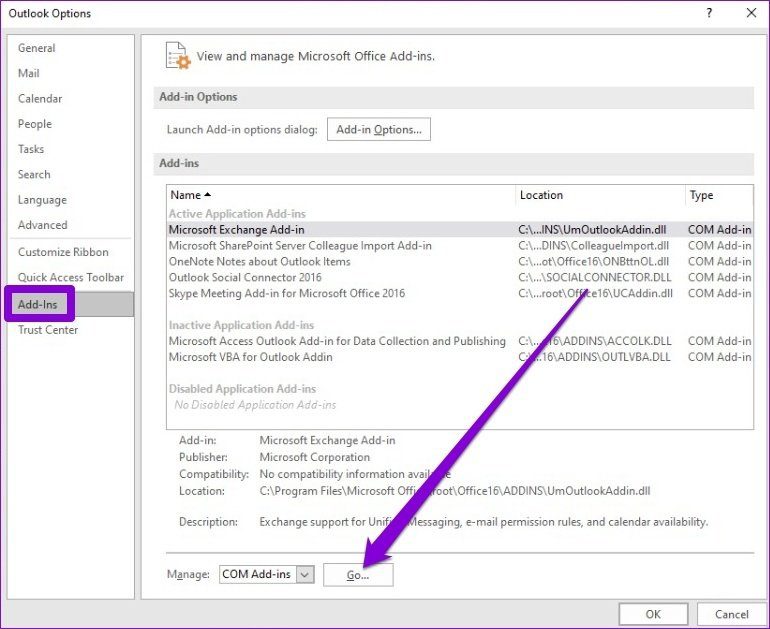
Step 4: Uncheck the boxes to disable add-ins and click OK.
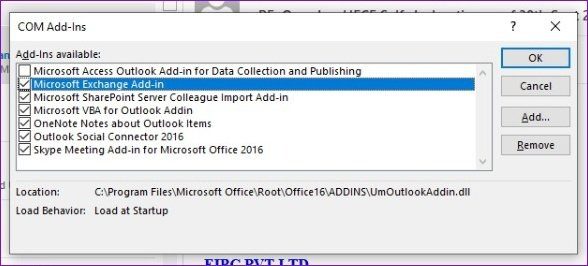
2. Remove Outlook Password from Windows
Windows saves all your application login passwords in something called Credential Manager. If you’ve recently changed your Outlook password and if the Credential Manager has the wrong password, then you might be faced with repeated password prompts on Outlook. To remedy that, you can try removing your password from the Credential Manager.
Step 1: Open the Start menu, type control panel, and press Enter.

Step 2: In the Control Panel window, switch the view type to icons and go to Credential Manager.
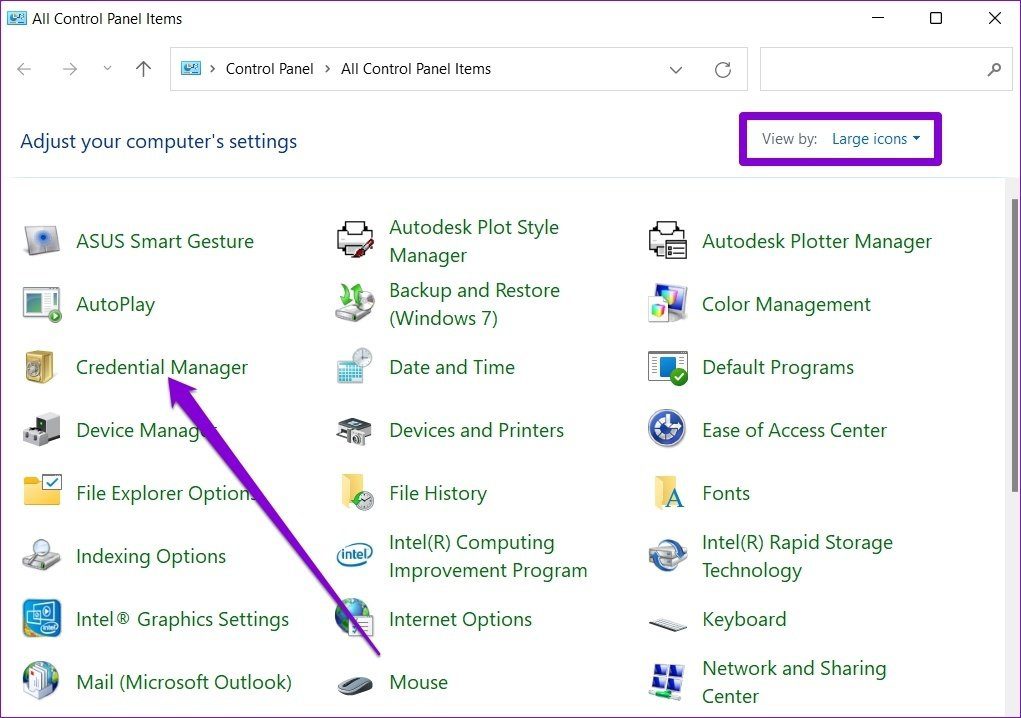
Step 3: Click on Windows Credentials and you’ll find your Outlook login password below Generic Credentials.
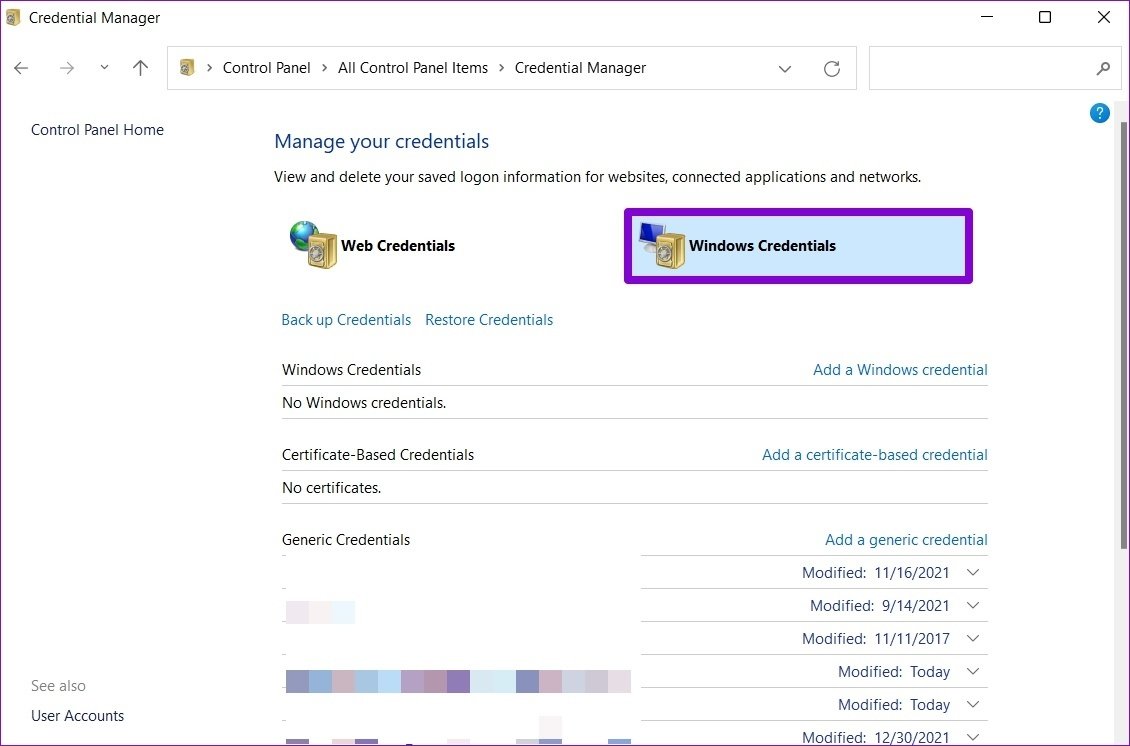
Step 4: Finally, expand your Outlook login details and click on Remove.
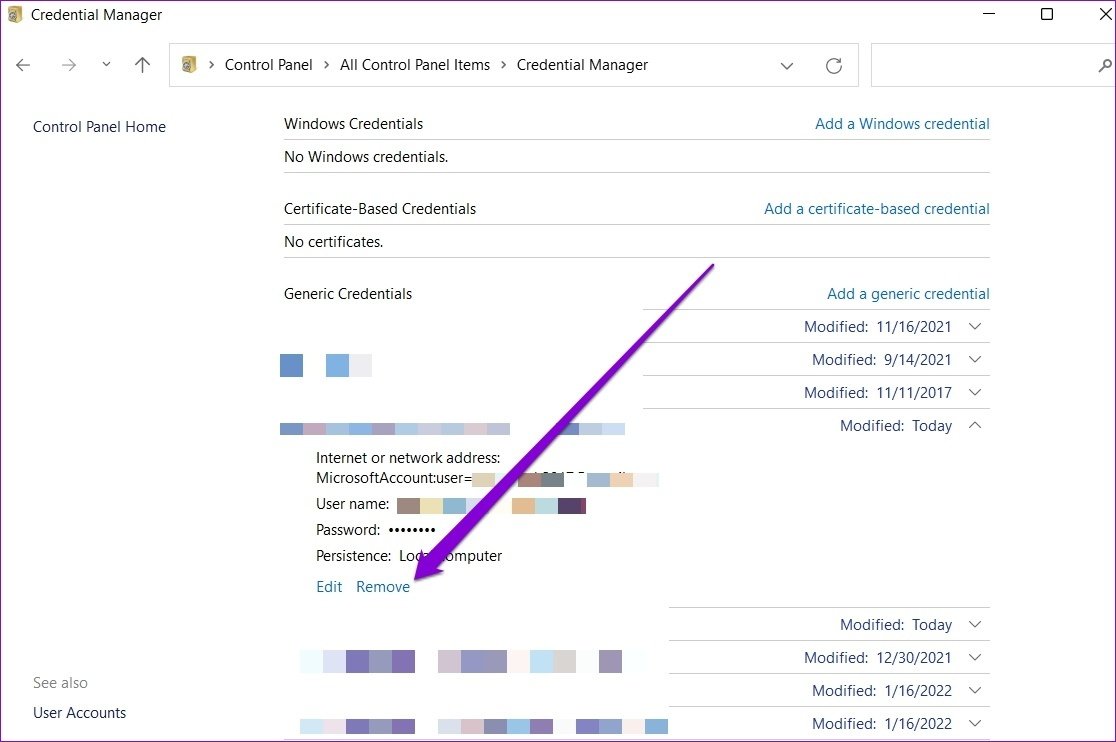
Log into the Outlook app again to see if this solution resolves the issue.
3. Enable Remember Password
Another reason why Outlook might keep throwing password prompts is if you haven’t enabled the Remember password option. Here’s how to change that.
Step 1: Press Windows key + S to open the Windows Search, type control panel and press Enter.
Step 2: In the Control Panel window, switch the view type to icons and go to Mail (Microsoft Outlook).

Step 3: In the following window, click on Email Accounts.

Step 4: Under the Email tab, select your Outlook account and click on Change.
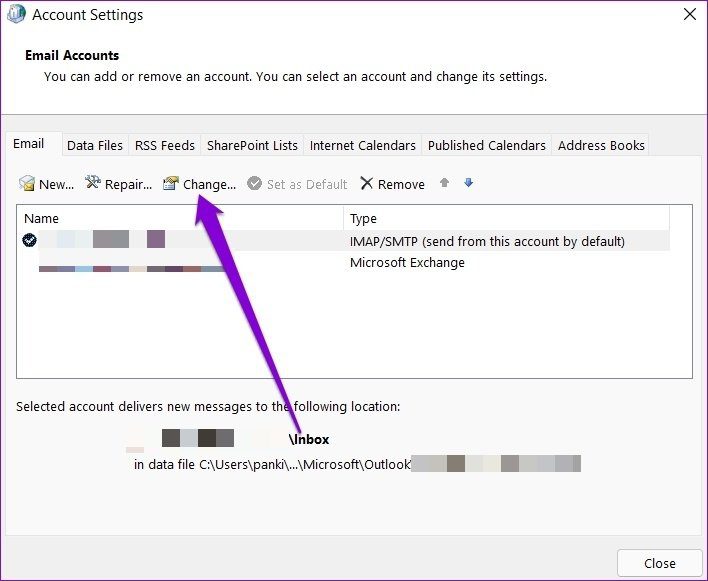
Step 5: Under Logon Information, mark the checkbox that reads Remember password and hit Next to save changes.
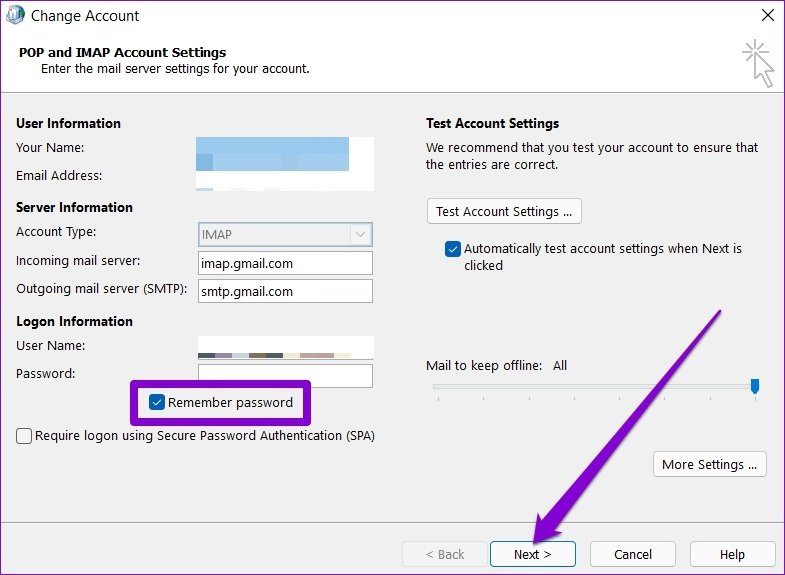
4. Disable User Identification on Outlook
If you’re facing the repeated password prompts issue on Outlook while using a Microsoft Exchange account, then you can disable user identification on Outlook by following the steps below.
Step 1: Click on the File menu at the top.
Step 2: In the Info tab, expand Account Settings and select Account Settings.
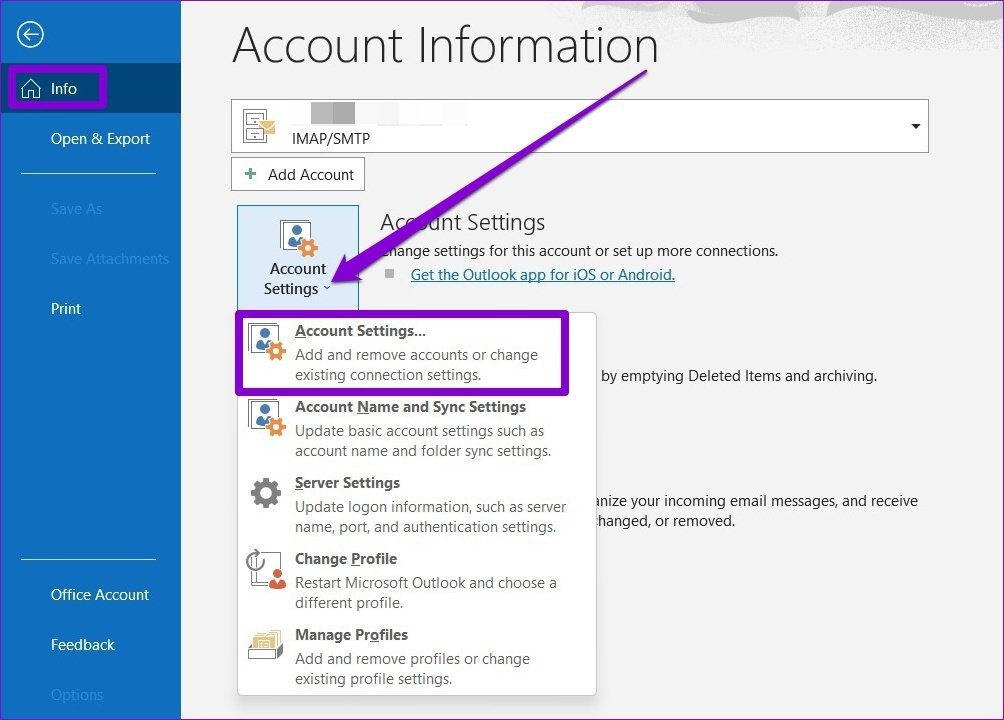
Step 3: Select your Exchange account and click on Change.
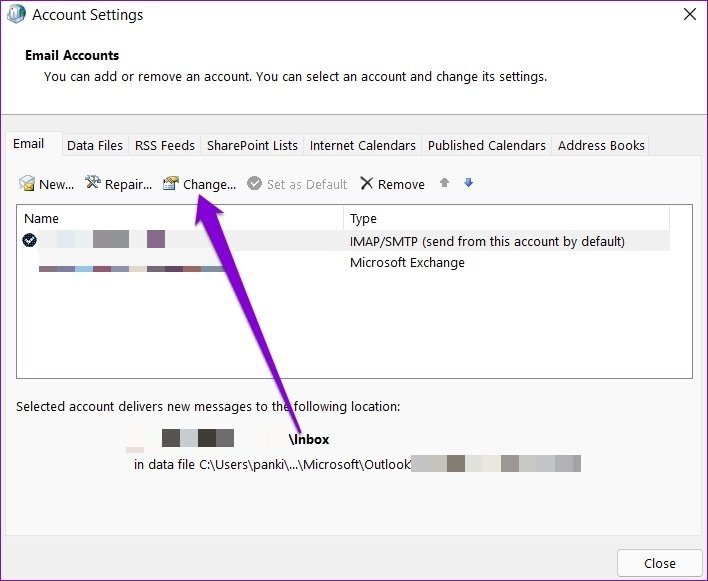
Step 4: Next, click on More Settings.
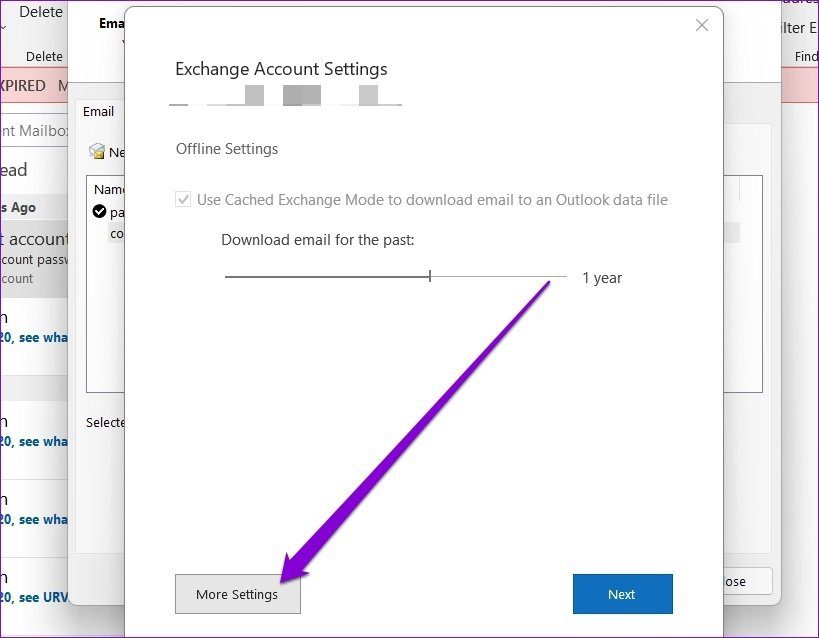
Step 5: Under Security, uncheck the ‘Always prompt for logon credentials’ option and hit Apply.

Restart Microsoft Outlook and it’ll no longer ask you to enter the password.
5. Create New Outlook Profile
Your Outlook profile contains your Outlook settings. If the issue is related to the profile that you’re using, then switching to a new profile might solve the issue.
Step 1: Press Windows key + R to open the Run dialog. Type control and press Enter.
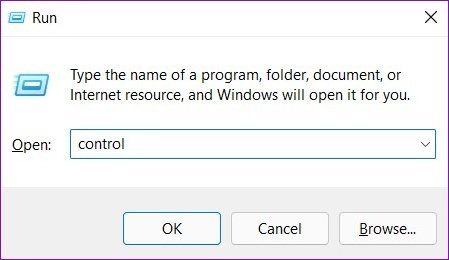
Step 2: Switch the View type to icons and click on Mail (Microsoft Outlook).
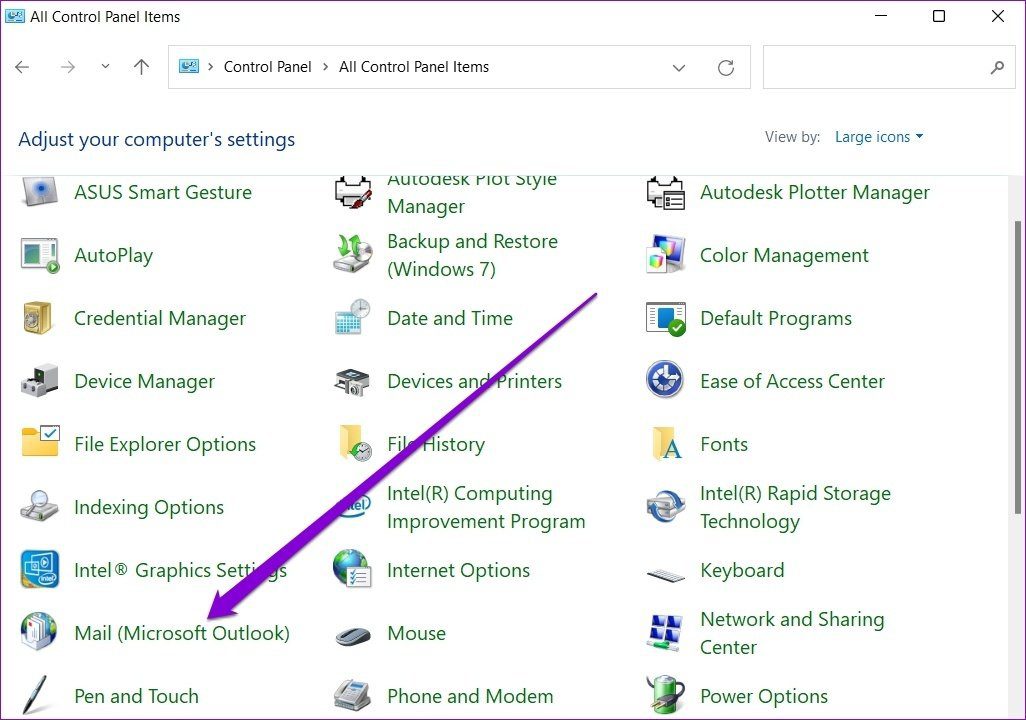
Step 3: Under Profiles, select Show Profiles.
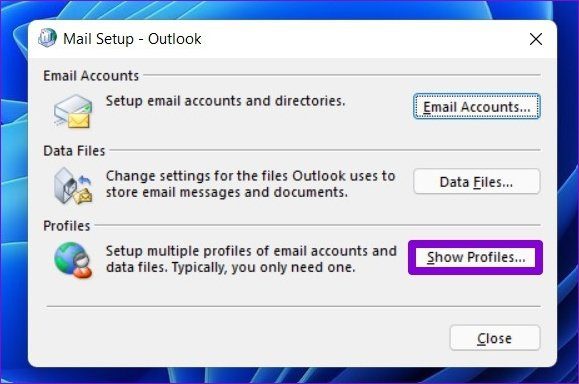
Step 4: Click on Add to create a new profile. Enter the name for the new profile and click on OK.
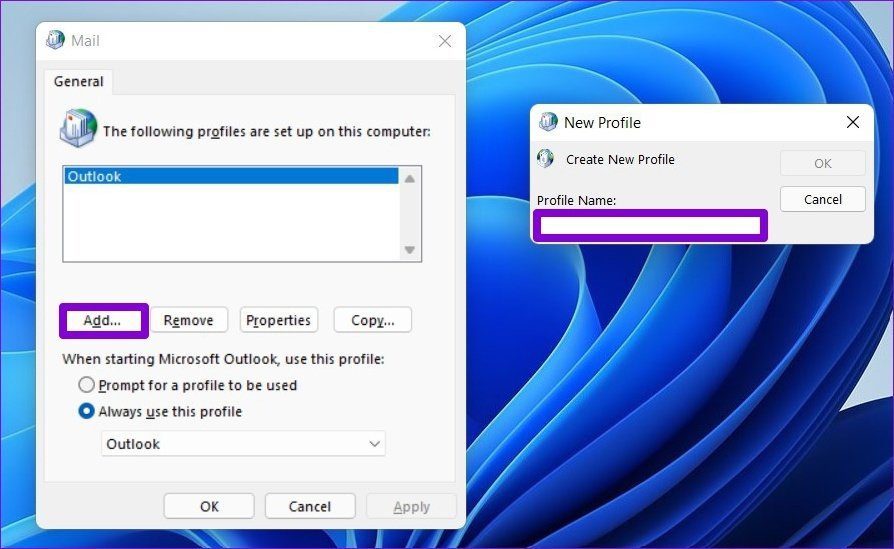
Step 5: In the Add Account window, enter your account details and hit Next.

Step 6: Select your new profile under ‘When starting Microsoft Outlook’ and hit Apply.
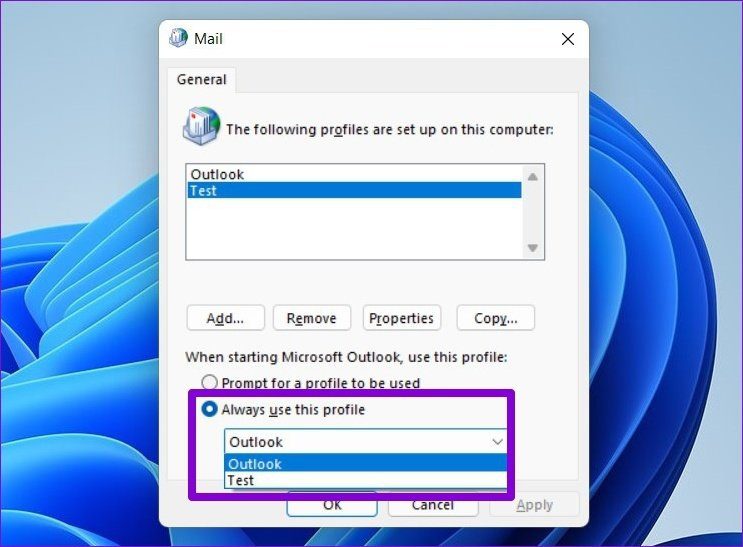
Try opening the Outlook app to see if the issue is resolved.
6. Switch to a Stable Internet Connection
Among other reasons, slow or unstable internet connection can also cause Outlook to lose its connection with the server from time to time. If that’s the case, then Outlook might ask you for a login password each time it reconnects to the server. To avoid this, you can try switching to a reliable internet connection.
7. Update the Antivirus Program
If the problem persists even after implementing all the fixes above, it could be due to an outdated antivirus program on your PC. Try updating it to the latest version and open Outlook app to check again.
Windows Defender built inside Windows 10 and Windows 11 does a fantastic job to catch malware from infecting your system. So you may try switching to that.
No Questions Asked
Getting locked out of your Outlook account repeatedly can be a nuisance. In most cases, it’s due to misconfigured settings. But sometimes, the antivirus program on your PC or the internet connection can also play a role.
Was this helpful?
Last updated on 07 February, 2022
The article above may contain affiliate links which help support Guiding Tech. The content remains unbiased and authentic and will never affect our editorial integrity.


